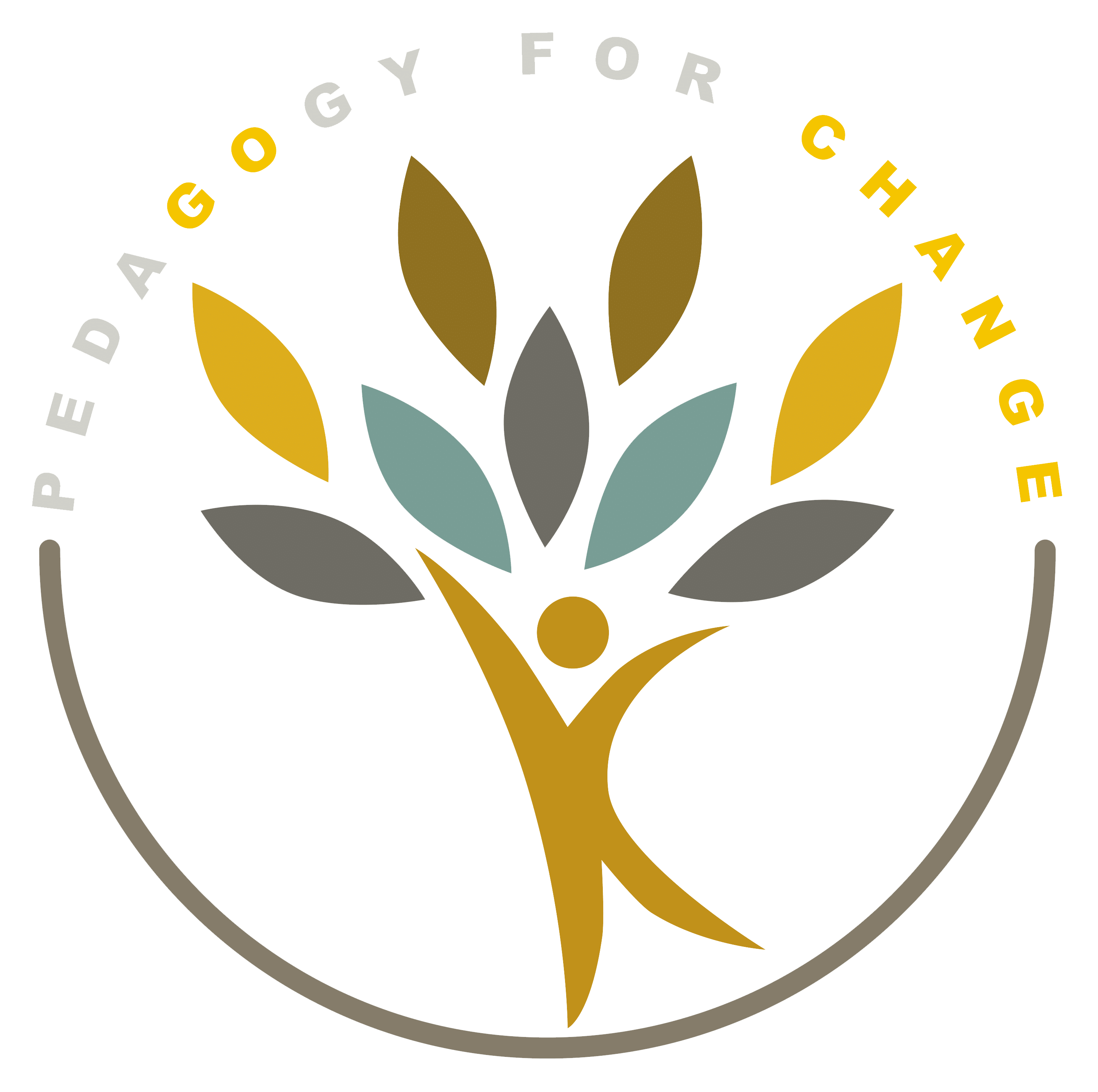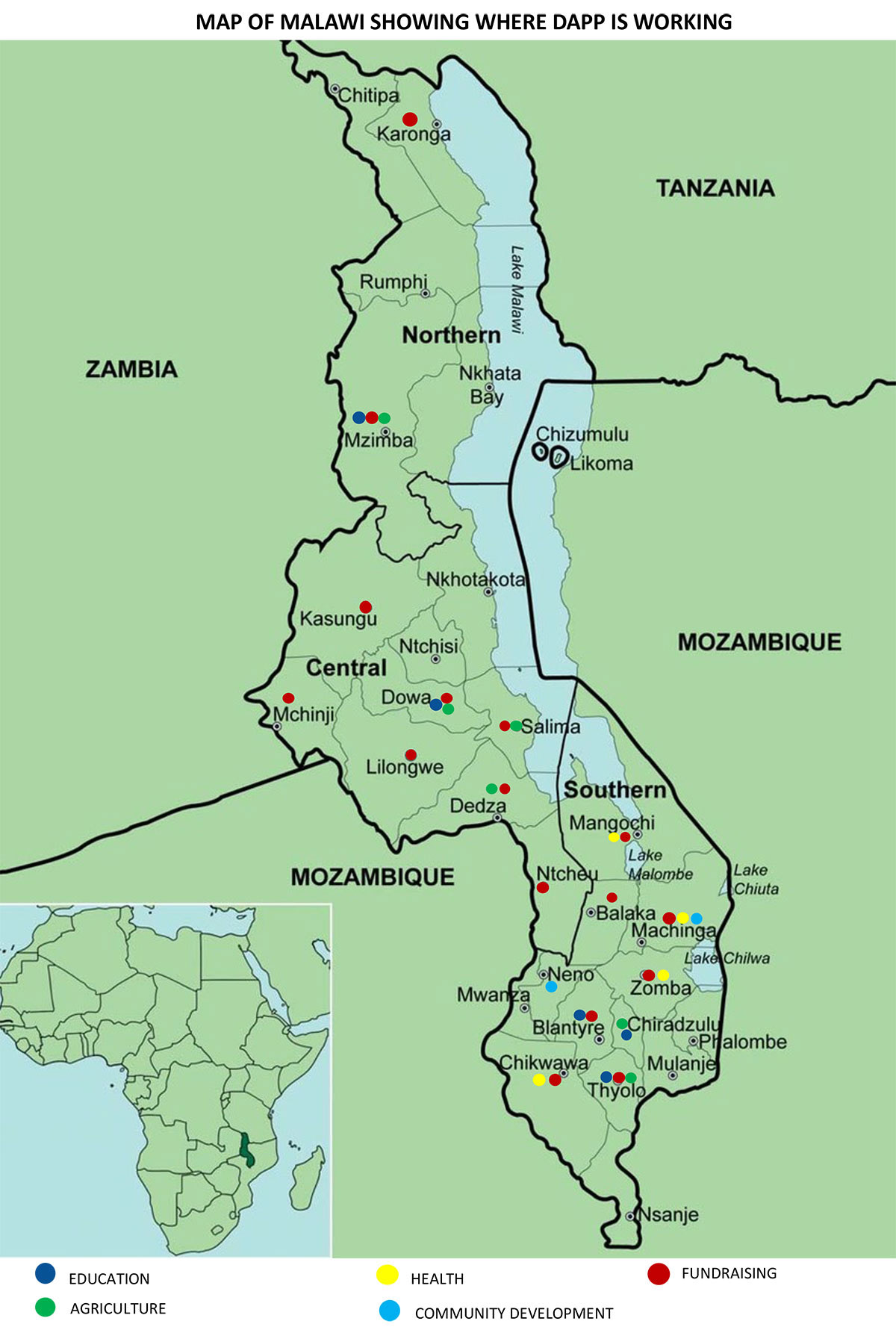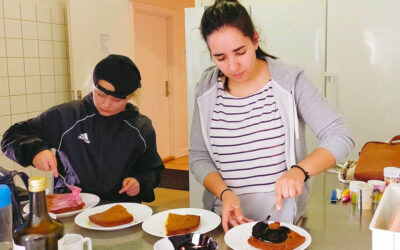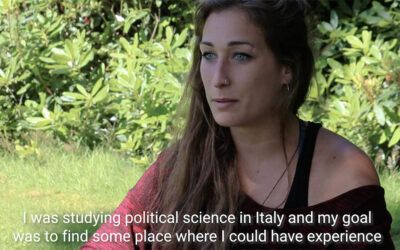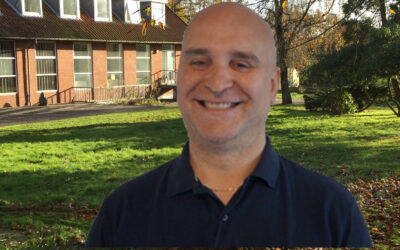



Building resilience · Community development in Malawi
Building resilience
“When processes are more important than results”
Mariana shares her insights and personal experiences from her time working as a “Development Instructor” in Malawi in southern Africa, where she assisted Community Development projects run by DAPP Malawi.
Realising that the reality for marginalised communities is more complex than you thought it was, that your own implicit biases might play tricks on you and that “development” needs to be deeply rooted in the aspirations of the people were some of the main take-aways.
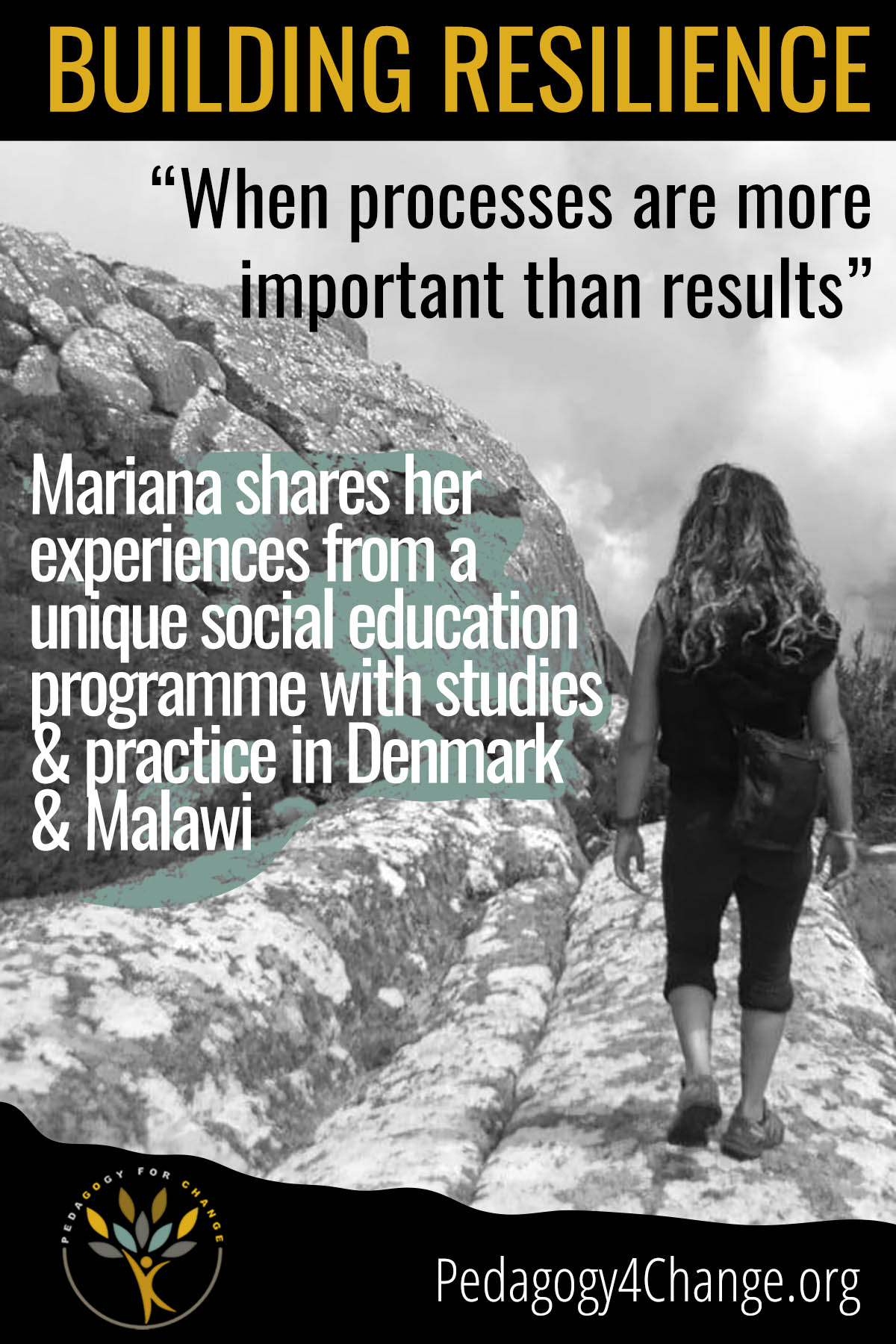
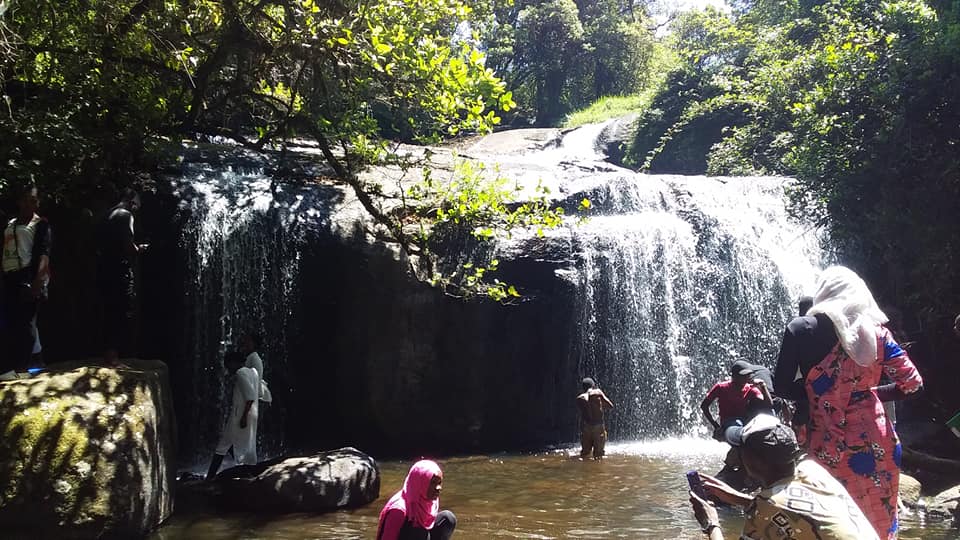
Malawi – land of confusion
Malawi: a country of multiple colours, prospects and resources.
Malawi: a stunning environment with astonishing sceneries and water springs.
Malawi: a place that changed my perspectives about people, nature and time.
Malawi is the country with the greatest contrasts that I’ve ever experienced in my life: rich/poor, love/hate, honesty/corruption, rain/drought… Everything there seems very extreme, polarised and unbalanced.
In the beginning of my stay in Malawi, this lack of balance made me feel very confused and puzzled. It is not easy to build a picture of the context around you when everything is so complex and so full of contradictions. In addition, all the stereotypes – conscious and unconscious – that I brought with me didn’t help me see the reality for what it really was. In fact, whether we like or not, we have huge amounts of stereotypes inside us: sometimes they help us simplify the reality, sometimes they make us blind.
A complex reality
I don’t have the authority to speak about Malawi and its problems. It is a very complex reality, so I leave the task to analyse and offer interpretations about it to people who have more expertise than me.
However, I can say that there are huge obstacles that keep most of the population under the line of poverty and that often it is not so easy to identify what the problem is. As far as I can tell, the issue of poverty is the result of a collective and multi-sectoral irresponsibility (political/economical) and dis-organisation (social). Not to mention the ever-present negative impact of colonisation and capitalism. Nevertheless, Malawi has a rich potential, both human and natural, that is waiting to be unlocked.
Be humble and find your place
I think that the main goal for Development Instructors should be to focus locally on the little steps, actions and plans. All big phenomena are the sum of many small steps, so if acting on a small scale will help us not to lose ourselves in the complexity of the problems – and in the end produce some tangible results.
It is also essential to have the humility to understand that the core of the project is the people of the project – not us. We have to remember to put the wishes and needs of the community before our ego – always. Otherwise we are just participating in another kind of colonisation, perhaps less obvious than the traditional one, but still.
“Start where you are, use what you have, do what you can.”
Acting together is key for community development in Malawi
As Development Instructors, we should act together with people to empower them, without robbing them of agency. Their aspirations have to be in front of our expectations. In fact, to have aspirations for most of the people in Malawi means to gain access to basic life conditions. We have to keep in mind that most of the time marginalised communities don’t have the tools – material, psychological or emotional – to reach even the most basic living standard, so this is where they need solidarity and support from the Development Instructors.
It is very challenging to follow your dreams when your stomach is empty, so as DIs we should be understanding and open mind when things don’t go as we hoped – for instance when someone doesn’t show up as agreed. Their time is not our time, their life is different.
Nevertheless, there are a lot of situations in which our involvement as Development Instructors can make a difference. In my mind, it is essential to focus on making small things work by using a lot of devotion, rather than aiming to high on “making big changes” with no focus.
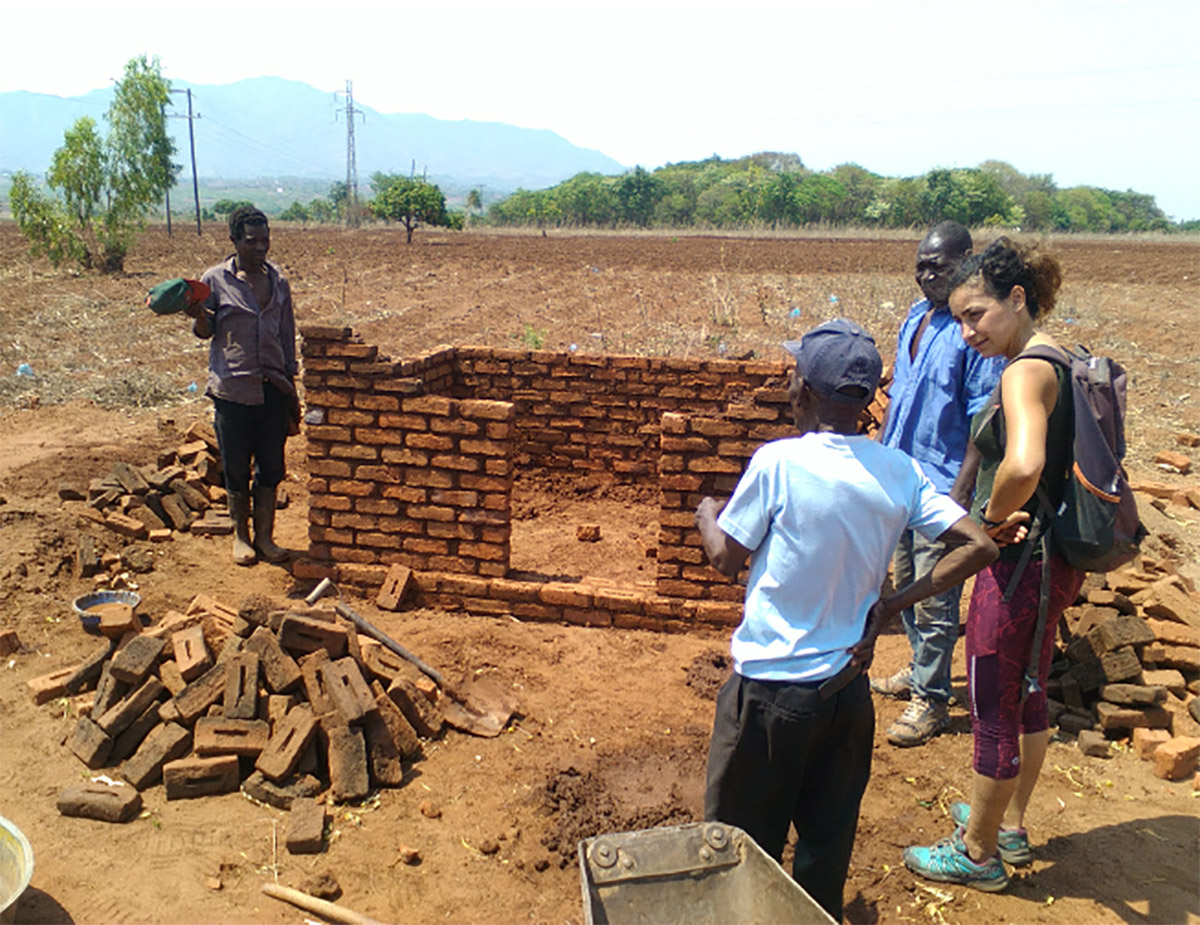
Being a reliable ally
I understood that mobilising a marginalised rural community with access to few resources is a complex task that requires our involvement 100%. In fact, when a situation is too difficult, we all need some positive inputs to unlock our latent forces, otherwise the resignation will take control and we will waste our potential to grow and develop. We need to work together and share our resources to develop something.
There is no point in giving good advice while we are providing a bad example ourselves. Consistency of thoughts, words and actions is required to persuade whoever, especially in these challenging contexts. We have to “say what we do and do what we say” to build trust.
Most importantly, I understood that to empower people often means focusing on the processes rather than the results. It means to teach people how to fish rather than to serve fish for them and be aware that when they don’t have a fishing rod, we should facilitate the conditions for them to get one – instead of gifting them one.
Of course, this teaching process will take longer time than fishing directly, but it will be thanks to this personal growth process of learning – “how to fish” – that people will become independent in the future.
Be patient! The Malawians has so much to teach us westerners. Just look at the farmers while they wait for the rainy season and you will understand in one second deepest meaning of patience. Maybe the seeds that we are planting today will not grow as fast as we expect, but for sure they will grow stronger and be more resilient in the long run.
Development Aid from People to People in Malawi
DAPP Malawi believes that poverty can be overcome through adopting a coordinated, community wide approach to development.
A combination of projects within education, adult literacy, improved livelihoods, increased production, health, women’s empowerment and environmental protection is implemented.

“I understood that to empower people we must focus on the processes rather than the results”
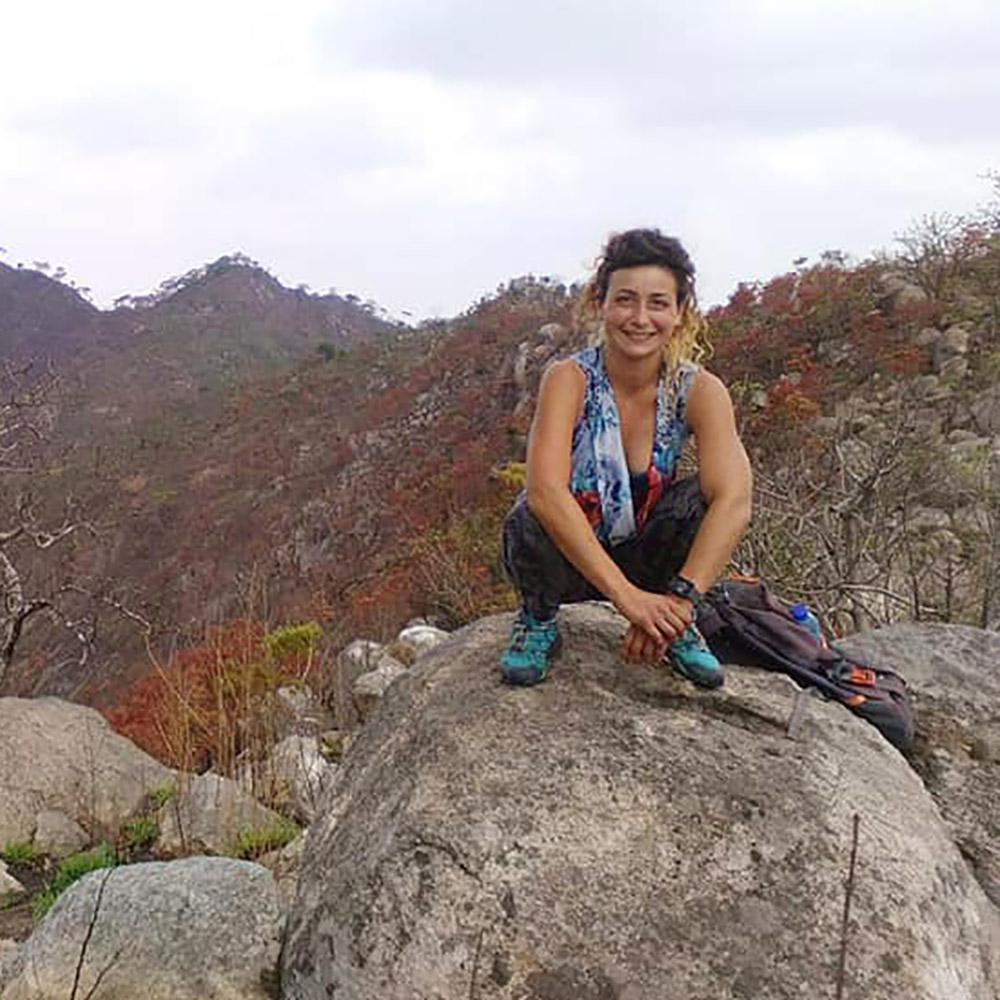
"Malawi is a complex country"
Mariana spent almost eight months working with DAPP Malawi at one of the their Community Development programmes.
MORE GOOD STUFF
Mónica shares her experience
Mónica just finished the Pedagogy for Change programme and we asked her to share some of her considerations and main takeaways from her experience of practising and studying social pedagogy in Denmark.
Greta: “Let’s grow, together”
Greta was looking for community based opportunities after completing her studies in political science. She gained valuable hands-on experience by encountering Danish & Malawian culture.
Giampaolo at Helios Free School
After completing the 24 month Pedagogy for Change course, Giampaolo went on to continue a life of teaching in Denmark, taking on new challenges and adventures. Read his story here.
